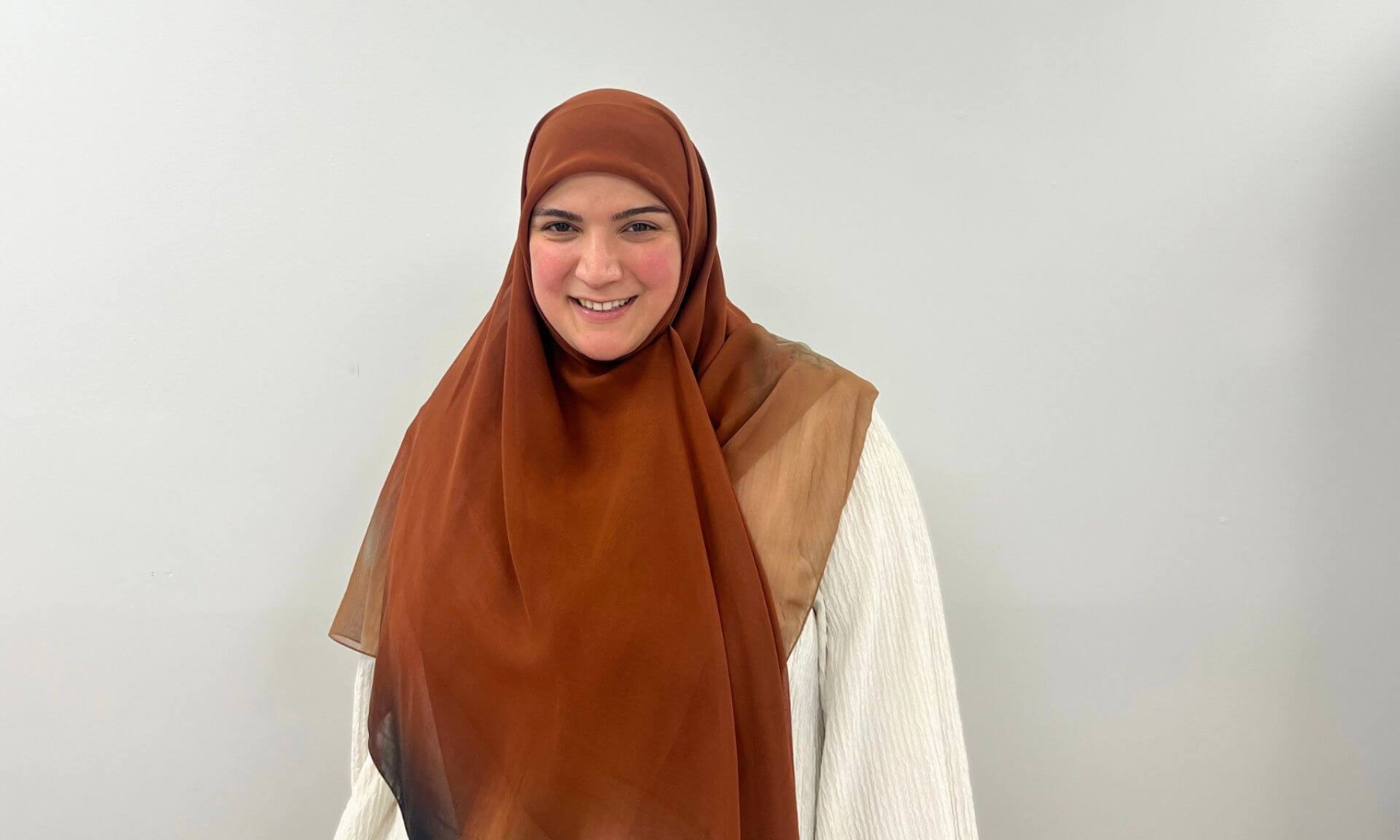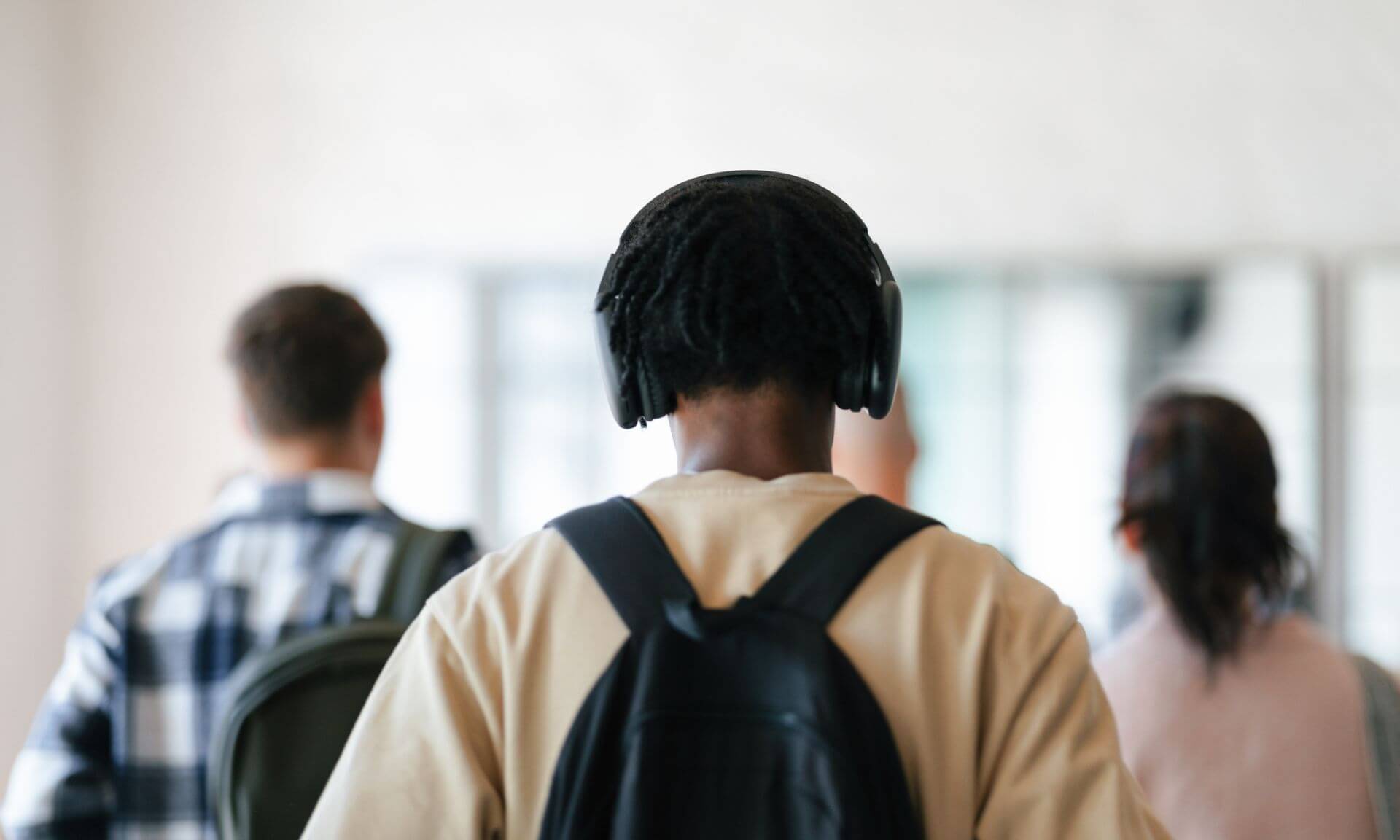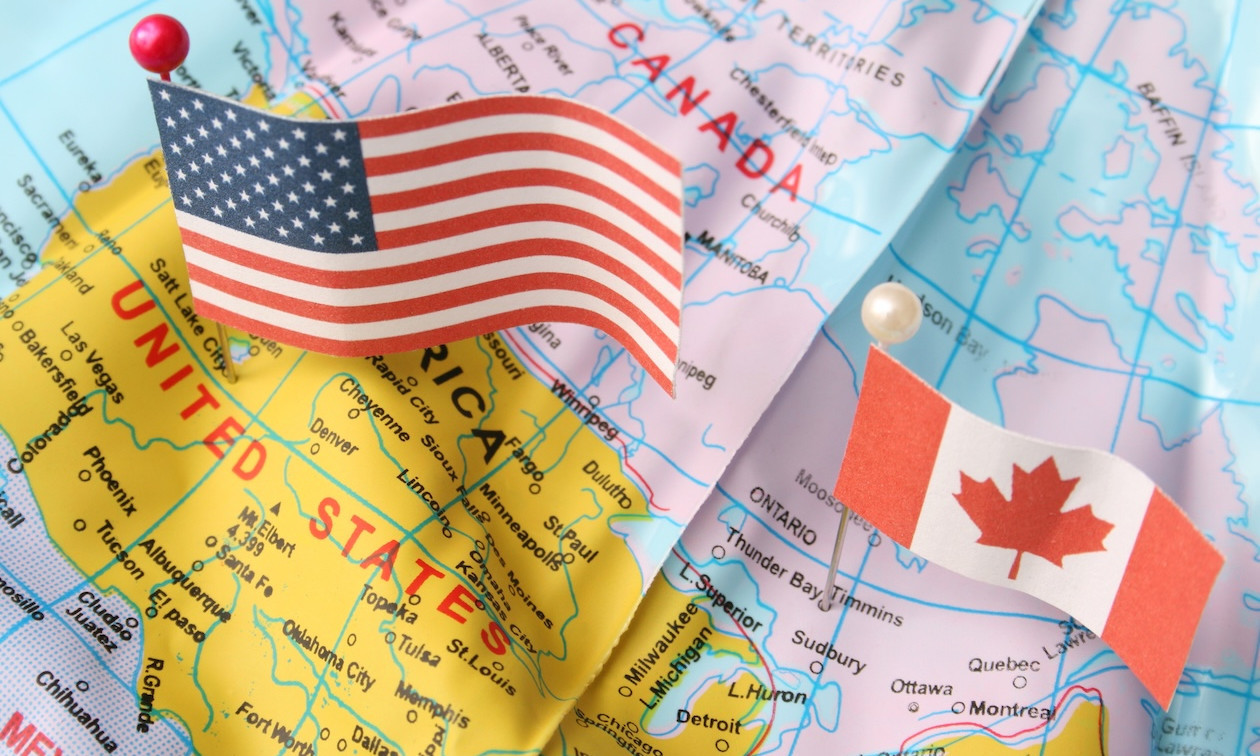When political demonstrations are met by force


Theodore McLauchlin is a professor in the Department of Political Science of Université de Montréal, director of the Centre for International Peace and Security Studies (CIPSS), member of the Centre d'études et de recherches internationales, and author of Desertion: Trust and Mistrust in Civil Wars, published in 2020 by Cornell University Press.
His research covers security and international and civil conflicts, focusing on the organization and the political lives of state as well as non-state military forces. His scholarly articles have appeared in a number of major international journals, including International Studies Quarterly, the Journal of Conflict Resolution, the Journal of Peace Research, Comparative Politics, and Security Studies.
Working with Risa Brooks (Wisconsin's Marquette University), Ruth Dassonneville (Belgium's KU Leuven), and Erica De Bruin (New York's Hamilton College), McLauchlin has been working since 2024 on a research project called "The United States Military in a Political Crisis."
The project, which continues through 2027, is funded by Canada's Social Sciences and Humanities Research Council.
We asked McLauchlin to weigh in on the latest developments in the U.S. protest movement and the Trump administration's response.
ICE raids, nationwide 'No Kings' protests, deployment of the National Guard and the Marines, a showy military parade through the capital, and one lone murderous protest against Democratic senators: what is going on in Donald Trump's second presidency?
Among the biggest changes, for me, is in the politics of the U.S. military. It appears increasingly seconded to the President’s domestic agenda. The National Guard has a well-accepted internal role, but Trump deployed it against a Governor’s wishes for the first time in sixty years, and plainly out of line with the needs on the ground in Los Angeles. The Marines, just like the rest of the regular military, are supposed to focus on foreign threats. To turn them inward in anything but a last resort is to change their role. To add to this the rhetoric of a “state of rebellion,” of “liberating” America’s second-largest city, is to blur the line between domestic and international enemies—just as the ICE raids and deportations without due process do. The Minnesota assassinations, committed as far as we can tell by a right-wing extremist, reflect the same logic. Further, the memorandum authorizing both deployments never refers to Los Angeles or any particular time frame; in other words, it’s open-ended.
In the midst of all this, the President went to Fort Bragg for a campaign-style speech, with his usual rhetoric of attacking his political enemies. Presidents have often used military personnel as props, Trump in particular. But one new thing was that elements of the Army went along with it: credible reports suggest that personnel were encouraged to attend if they were supporters of the President, and freed from attending if they were not. And many soldiers in the audience booed and cheered on cue, in a clear violation of regulations on their political speech while in uniform. Add to this the application of the culture wars to the armed forces, such as the ban on trans service personnel and the censoring of books at military education institutions, and it looks like an attempt to recast the military as an overtly Trumpian institution. This is all on top of the removal of senior military personnel.
How do see the situation developing, from the point of view of political dissent in America and the government's aggressive response to it? What is the line between reacting and being reactionary?
Crowd numbers are hard to come by, but No Kings was one of the largest days of protest in U.S. history, with demonstrations across the country that went off almost without violence. There is power in this tactic. Overt repression, whether through law-enforcement or the armed forces, is hard to sustain against non-violent protest.
But among the major challenges is that people seem to live in quite different worlds. The narrative of how violent the Los Angeles protests are, for example, is radically different depending on the news source or the political commentator one listens to: some gave a sense of violence that was out of all proportion with the reality in the city itself. So this fragmented media environment may make it harder for non-violence to be effective, because it’s relatively easy to cast as not being non-violent at all. I think we’ll likely see ongoing wars of words about the degree of disorder in the streets, and ongoing attempts to ratchet up the use of the armed forces internally, to normalize this kind of deployment.
Within the military itself, there will likely be pushback to politicization. The idea of a professional, nonpartisan armed forces is very strong—including among many conservatives and Republicans within the forces. Many officers just consider these domestic deployments to be very far from the regular armed forces’ job, and one that distracts from preparing to meet external threats in a context of great-power competition. A concerning scenario that may develop is a rift in the armed forces between gung-ho Trumpists and those who hold to nonpartisan traditions.
Finally, I think it’s important not to lose sight of the fact that the repression of dissent takes many forms. Revoking security clearances for Washington law firms that represent Democrats; defunding universities that refuse to police dissent in the ways Trump would like; launching investigations by the Federal Communications Commission against all kinds of press outlets; deporting students based on their social media posts or participation in a pro-Palestinian rally—all of these represent the repression of dissent. Much of this flies under the radar, which can make it especially effective. So I don’t want to give the impression that what happens with the military is the most important development here; on a day-to-day basis, it probably isn’t. But it can make a major difference, particularly in a crisis.
Canada's role vis-à-vis the United States has changed under Trump. Is there anything the new Liberal government of Prime Minister Mark Carney can do to buttress democracy south of the border, or are their hands tied?
There’s not much Ottawa can do within the United States. Overt campaigning can backfire very easily: it is all too easy to paint actions by another government as foreign interference. However, providing a safe landing place for dissidents and deportees is among the most important things Canada can do.



